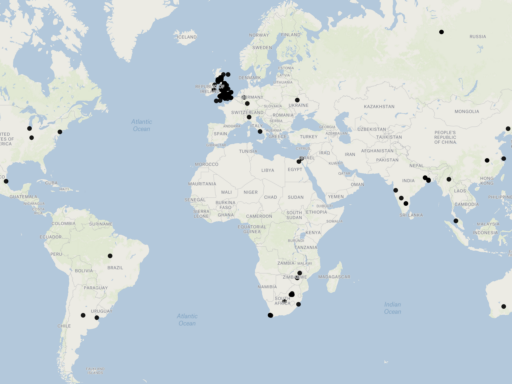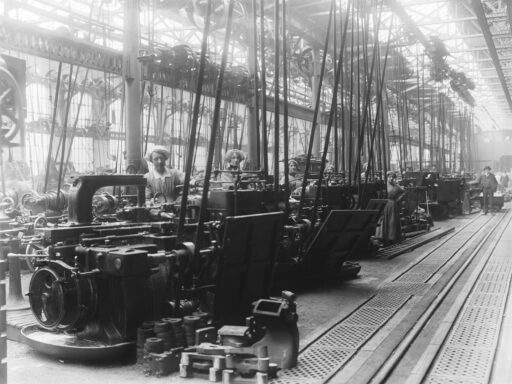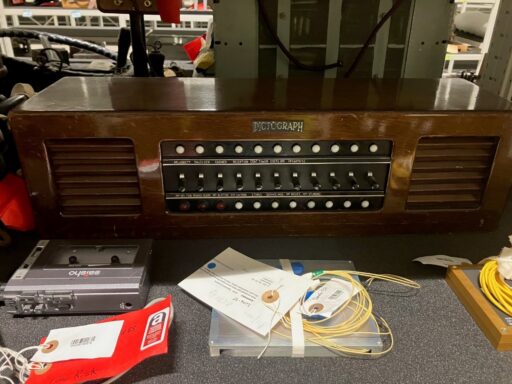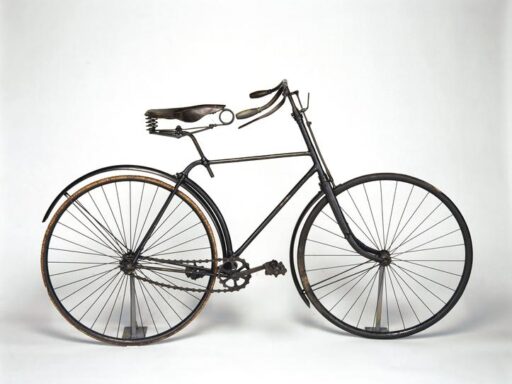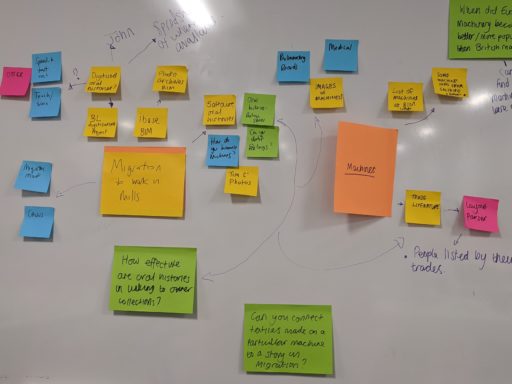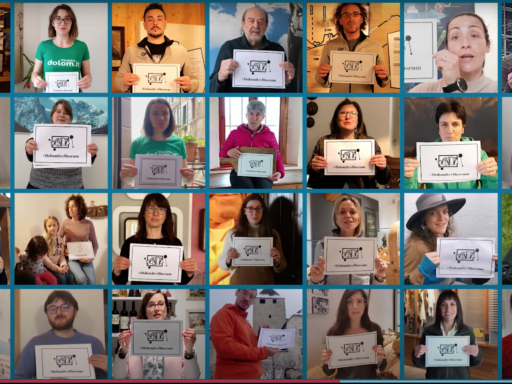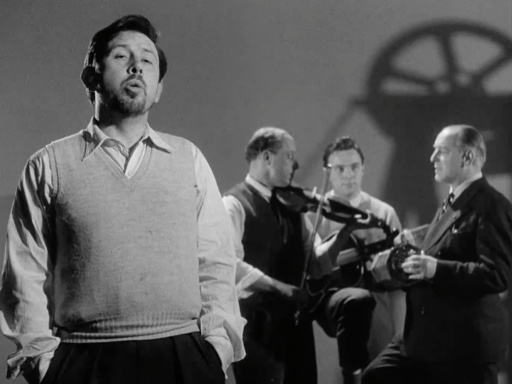
Let the history speak and sing: unlocking the living, human and experiential knowledge of Folk Songs and Oral Histories
The trepidation of a fourteen-year-old boy on his first day of work at the coal mine. The excitement of three Italian sisters who had left their home to work in a Yorkshire mill, when they reunited for the first time. A fight between an old miners’ lift cage and a new one, representing the impact of a technological innovation on the lives of miners. The steady tune of the textile machines played from light until dark, expressing the incessant rhythm […]
